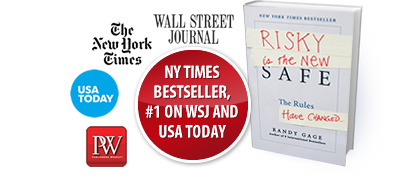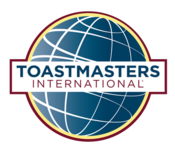I'm excited to be part of this year's New York Law School sports law symposium, which will be held on Friday November 2. Great work by Brett Hirsch and others in putting it together. They have followed in the excellent planning of sports law symposiums at NYLS previously shown by Elliot Solop, Alycia Powell and others.
Here are the details of this year's event (and if you are interested in attending,
click here):
The New York Law School Sports Law Society and the Institute for Information Law and PolicyPresents:
The Fourth Annual Sports Law Symposium
Friday, November 2, 2012
185 West Broadway
W201 (Events Center)
Fee: $45 for attorneys (includes CLE’s)
$45 for attorneys and professionals not seeking CLE credits (No CLE credit)
$15 for outside students
Free for current NYLS students (with a valid school ID)
This CLE program has been approved for a maximum of four hours of CLE credit for both transitional and non-transitional attorneys. New York Law School offers tuition assistance for attorneys who may have difficulty attending CLE events due to cost considerations. Please visit: http://www.nyls.edu/academics/cle/tuition_assistance to see if you qualify.
Tentative SCHEDULE
11:30 a.m. - 11:45 a.m.
Opening Remarks
11:45 a.m. - 12:30 p.m
Keynote Interview with Mike Zarren
12:45 p.m. - 1:45 p.m.
Overview of Current Legal Developments in the Sports Industry (1 CLE Credit - Professional Practice)
2:00 p.m. - 3:00 p.m.
Breakout Sessions
- Intellectual Property Issues in Sports (W420) (1 CLE Credit - Professional Practice)
- Negotiating Rights Acquisitions (W320) (1 CLE Credit - Professional Practice)
- Bankruptcy Issues in Sports (W220) (1 CLE Credit - Professional Practice)
3:10 p.m. - 4:10 p.m.
Analysis and Impact of the Concussion Litigation (1 CLE Credit - Professional Practice)
4:20 p.m. - 5:20 p.m.
Sports Labor Negotiations (1 CLE Credit - Professional Practice)
5:30 p.m. - 6:20 p.m.
Breaking Into the Sports Industry
6:30 p.m. - 8:00 p.m.
Networking Reception
PANELISTS *
Jodi Balsam, Associate Professor at NYLS; Former Counsel for Operations and Litigation at the NFL
Robert Boland, Professor of Sports Management & Sports Business at New York University
Marc Edelman, Associate Professor of Law at Barry University: Dwayne O. Andreas School of Law
Robert Erb '91, CEO at Schutt Sports; Adjunct Professor at New York Law School
Frank Golding, YouTube Director, Head of Sports for North America at Google
Russ Granik, Vice Chairman at Galatioto Sports Partners; Former Deputy Commissioner and COO at the NBA
Frank Hawkins, Partner at Scalar Media Partners; Former SVP Business Affairs at the NFL
Darren Heitner, Founder of the Sports Agent Blog; Attorney at Wolf Law; Contributor at Forbes Magazine; Ronald Katz, Partner and Chair of the Sports Law Group at Manatt
Jeannine Kenney, Associate Counsel at Hausfeld LLC; Plantiff's Liason Counsel for NFL concussion litigation
J. Carlos Kuri, Vice President and General Counsel at New York Red Bulls
David Mayer, Principal Counsel at ESPN, Inc.
Michael McCann, Legal Analysts at SI & NBA TV; Professor & Director of Sports Law Institute at Vermont Law School;
Lauren Dienes-Middlen, VP, Intellectual Property at World Wrestling Entertainment, Inc.
Joe Nahra, Business & Legal Affair Executive at CAA Sports
Matthew Parlow, Associate Dean for Academic Affairs and Associate Professor of Law at Marquette University
Irwin Raij, Partner and co-chair of the Sports Industry Team at Foley & Lardner LLP
Robert Raiola, CPA; Sports & Entertainment Group Manager at Fazio, Mannuzza, Roche, Tankel, LaPilusa, LLC
Frank Saviano, Associate at Proskauer
Alan Schwarz, Reporter at New York Times
David Soskin '08, Counsel at ESPN, Inc.; Adjunct Professor at New York Law School
Meredith Wolff, Associate Staff Attorney at NHL Enterprises, L.P.
Mike Zarren, Assistant General Manager and Team Counsel at Boston Celtics
Warren Zola, Chair, Professional Sports Counseling Panel, & Asst. Dean, Grad. Management Programs at Boston College

























